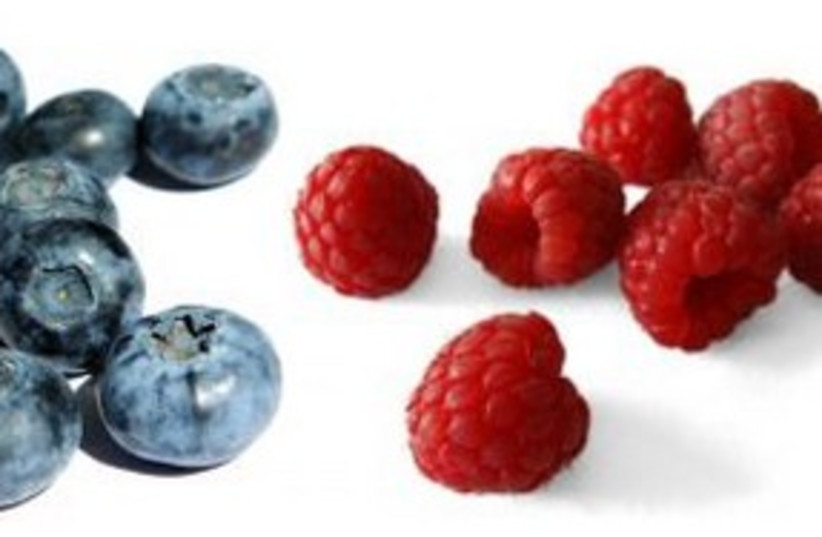Nutritional deficiencies are a widespread issue globally, often stemming from the difficulty of maintaining a varied diet while juggling time and budget constraints.
To address this challenge, we've curated a selection of foods abundant in vitamins, minerals, and beneficial fats. These options empower you to fulfill your daily nutrient needs without the need for elaborate cooking or straining your finances. The added bonus? You might already have some of these nutrient-rich foods right in your own kitchen.
Saltwater fish, such as salmon, stand out as exceptional nutrient sources that are often challenging to come by elsewhere. These fish are particularly renowned for their generous supply of omega-3 fatty acids, which play a pivotal role in supporting various bodily functions.
In a 100-gram serving of salmon, you can expect to find approximately 2.2 grams of omega-3, coupled with an impressive 25 grams of high-quality protein. Beyond omega-3, salmon boasts a wealth of essential minerals such as magnesium, potassium, selenium, and a host of B vitamins.
It's worth noting that lesser-known fish varieties, such as sardines, also present distinctive nutritional profiles, including noteworthy quantities of omega-3 and protein.

Saltwater algae, once a staple of Japanese cuisine but now widely available globally, offer a treasure trove of essential minerals including calcium, iron, magnesium, and manganese. Moreover, they serve as a rich reservoir of iodine, a critical element for the synthesis of crucial hormones within the thyroid gland.
Scientific research has illuminated the remarkable benefits of the polysaccharides found in algae, which function as potent antioxidants. These compounds wage a relentless battle against inflammation, help to decelerate the aging process, and even hold promise in the realm of cancer prevention. As a result, nutritional supplements derived from algae have surged in popularity in recent years.

Garlic, often hailed as "nature's antibiotic," is a veritable powerhouse of essential vitamins and minerals that contribute to overall well-being and even hold potential in mitigating the risk of specific illnesses. Within its cloves, garlic harbors a spectrum of vitamins, including B1, B6, and C, alongside an array of vital minerals such as calcium, potassium, copper, manganese, and selenium.
Moreover, scientific investigations have unveiled garlic's impressive capacity to lower blood pressure, reduce LDL cholesterol levels, elevate HDL cholesterol levels, and thereby reduce the likelihood of heart disease. Additionally, emerging evidence suggests that garlic consumption may confer protective benefits against gastrointestinal cancers and inflammatory bowel diseases.

While not commonly regarded as a "superfood," a remarkable study conducted in 2021 among American teenagers revealed an unexpected correlation: those who incorporated more potatoes into their diets exhibited elevated levels of critical nutrients, including B vitamins, fiber, protein, and various minerals.
Although the precise mechanism underlying this phenomenon remains enigmatic, experts speculate that the satiety-inducing properties of potatoes might contribute to reduced snacking and the development of healthier eating habits over time.
In addition to this intriguing finding, potatoes also offer a substantial nutritional profile. They are rich in potassium, magnesium, iron, copper, manganese, vitamin C, and most B vitamins. Furthermore, when consumed with their skin intact, they become an excellent source of dietary fiber, fostering improved digestion.

While liver may not top everyone's list of favorite foods, it's an incredibly nutritious choice, acting as a storehouse for vital nutrients crucial for the body's various systems. In fact, liver boasts substantial quantities of essential nutrients, including an array of B vitamins, abundant vitamin A, copper, iron, phosphorus, zinc, selenium, and high-quality animal protein.
Incorporating liver into your diet just once a week can be a strategic move to ensure you attain optimal levels of these vital nutrients, promoting overall health and well-being.

Berries, particularly blueberries, are globally recognized for their delicious taste and potent antioxidants. These antioxidants, like anthocyanins and polyphenols, may positively affect brain health, cognitive function, mood, blood circulation, and potentially inhibit cancer growth. However, further research is needed to confirm these benefits. Nevertheless, berries provide a unique array of nutrients that are hard to find in other foods.

Finally, dark chocolate, a beloved treat, offers health benefits. Rich in iron, magnesium, copper, manganese, and antioxidants, it can lower blood pressure, reduce cholesterol, and decrease heart disease risk. Opt for dark chocolate with at least 70% cocoa content to maximize benefits, avoiding excessive sugar and milk. Including these nutrient-rich foods in your diet can meet daily nutritional needs effortlessly and promote overall well-being while reducing health risks.
